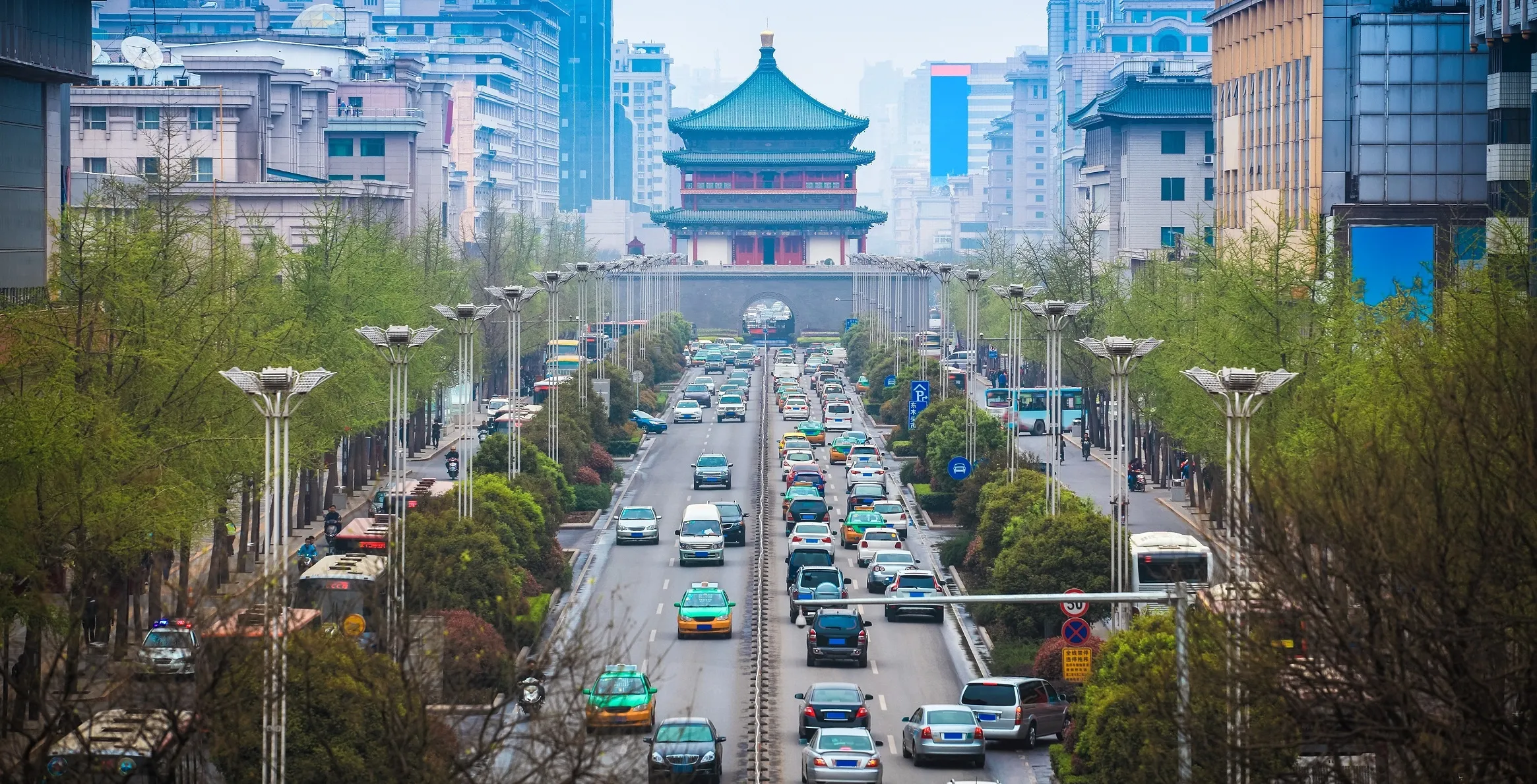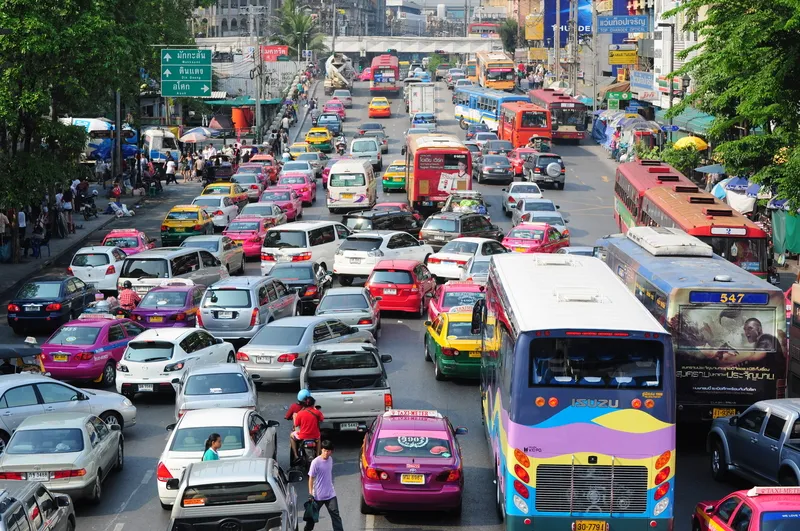
China's walled city of Xi’an has seen significant improvements in congestion in its restricted environment since the introduction of a traffic management system by Hikvision.
Artificial Intelligence (AI) was a key part of the solution - although the company believes that the introduction of intelligent signal control alone has boosted traffic throughput by 10%, with journey time down by 12%.
Incident detection rate has increased by more than 30% and traffic violations have dropped by the same figure, according to one short-term observation.
It has certainly been a challenge for the planners of Xi’an Urban Traffic Administration, with Xi’an retaining its ‘checkerboard’ layout left over from the Tang Dynasty, hemmed in by walls which are hundreds of years old.
The three million cars in the city are restricted to moving in and out via the city gates.
“Xi’an’s city walls make it impossible to increase the size of the urban area. So it was only through technology that we could allow the modern city to grow and develop,” says Lihu Ma, project manager from Hikvision. “A core part of the Hikvision solution involves our AI-powered video technology.”
Hikvision’s Checkpoint Capture cameras and Intersection Violation capture units were introduced to monitor traffic, with real-time video streams helping Xi'an traffic police create a visual control centre where all data is aggregated and displayed.
Machine learning gains insight into typical congestion patterns, in order to actively identify potential traffic events before they happen, and signal timing has been optimised.
Hikvision says the system has now been trained with a wealth of traffic data, including the manufacturer's video, enabling it to build multiple intelligent algorithms for managing congestion in the city.










